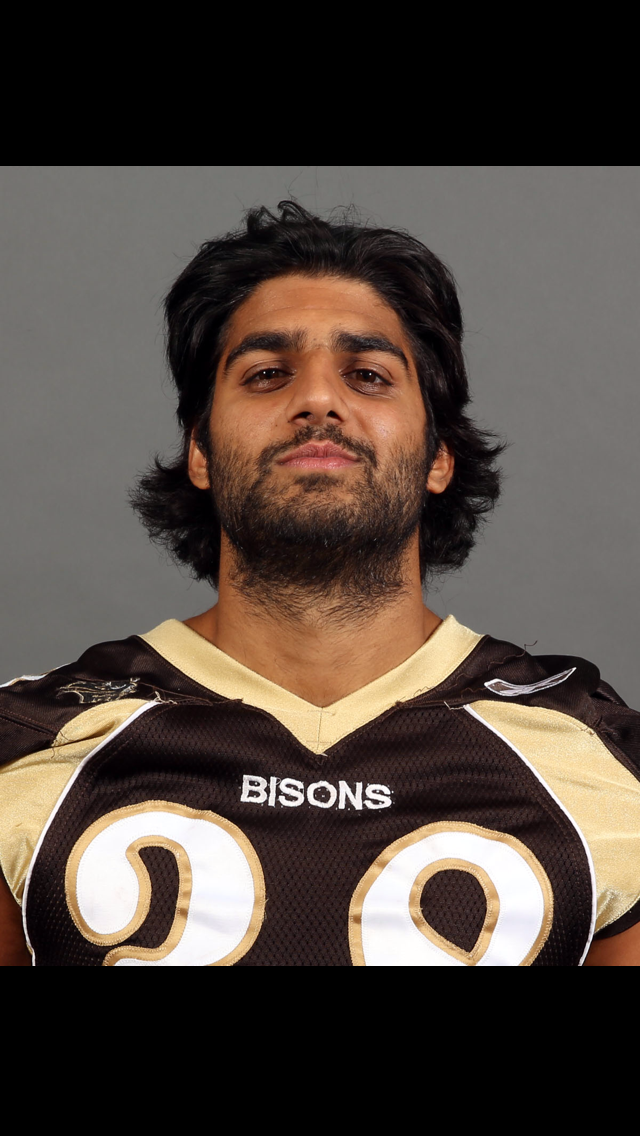When people professed to me that they loved someone, I used to ask them questions like “If that person killed someone, would you still love them?” Doing this, I found that in a good majority of cases people would claim to still love a person even if they became a murderer. In trying to probe deeper into what people do and don’t value in this world, and seek out the points at which most people will change their view, I’ve found that love falls on shaky ground when such love would require a person to view their own sexuality differently.
For me, the only view of love that holds any value is unconditional love. If someone only cares about you given specific conditions, it really doesn’t seem like a bond worth expressing with our language’s most potent term. In the most spiritual sense, I believe that if life is not spent expressing and trying to understand love, then it should be spent in pursuit of love. Any other life will lead to isolation or some delusional state that allows one to feel as if someone truly gives a damn, despite not meeting the unconditional criteria. In this sense, I would say that if you really love someone you should love them even if they’ve done something terrible, like murder another human.
That said, though most people I’ve talked to claim to be able to cope with murder, I’ve found a fault line that has caused people to question their notions of love, and at least claim that their love would seem to have some condition. That condition is: would you still love a person if that person changed their gender?
This question strikes most profoundly when dealing with love that manifests itself sexually, and unlike the murder question, seems to affect how we view ourselves, and tests whether or not we hold love higher than our own biological inclinations. This is because it brings up questions about our own identity and sexuality. Of the best answers I’ve received, one person responded to my line of questioning by saying, “Well, I would still love them, but I could not love them the same way, as they’d be someone different.”
An interesting response that hits on an even deeper discussion of identity, however; I cannot fathom that I am who I am because of my penis. I’m sure it shapes me, but it doesn’t make me. I’m more inclined to say that I am who I am because of what I think and feel in relation to genetic and environmental factors, not because of them. I suspect when thinking about yourself you’d come to the same belief.
I argued to my friend that a person’s identity is not dependent on their body, as, if a person were in an accident and left with only a head, most would still say that that person is the same person they used to be. I also stated that if a person was to get a sex change, that change would be something that is apart of who they are, and may even be that person’s way of getting closer to their preferred state of being. Therefore if you really loved them, your love should improve as they express more and more of whom they really are.
By and large the struggle for people seems to be along the lines of, “Well, I’m not gay. So I guess I’d have to leave them.” The idea of adjusting their sexuality to accommodate a loved one being almost totally out of the question for anyone who doesn’t already claim bisexual tendencies. But this is a condition. And the question arises: do you love that person, or do you “love” a person who fits a list of criteria to the nearest degree possible, and only so long as a good percentage of those criteria hold?
Sadly, I suspect most people cannot stand up to this level of scrutiny. Most people seem content holding whatever belief suits them at the time and nothing more. But for those who do want to know if their life is being lived in pursuit of the purest form of our most valued emotion, this is one of the questions you need to ask yourself before claiming to unconditionally love someone. And I hope you one day can answer truthfully that you have found unconditional love, because it’s the most powerful force in life and will help you get to a place where you can really understand and be yourself, if only with one other person.
“Corey King” is a series of letters that pick out an individualized collection of matter, but that individual is more and less than such letters can ever express.




